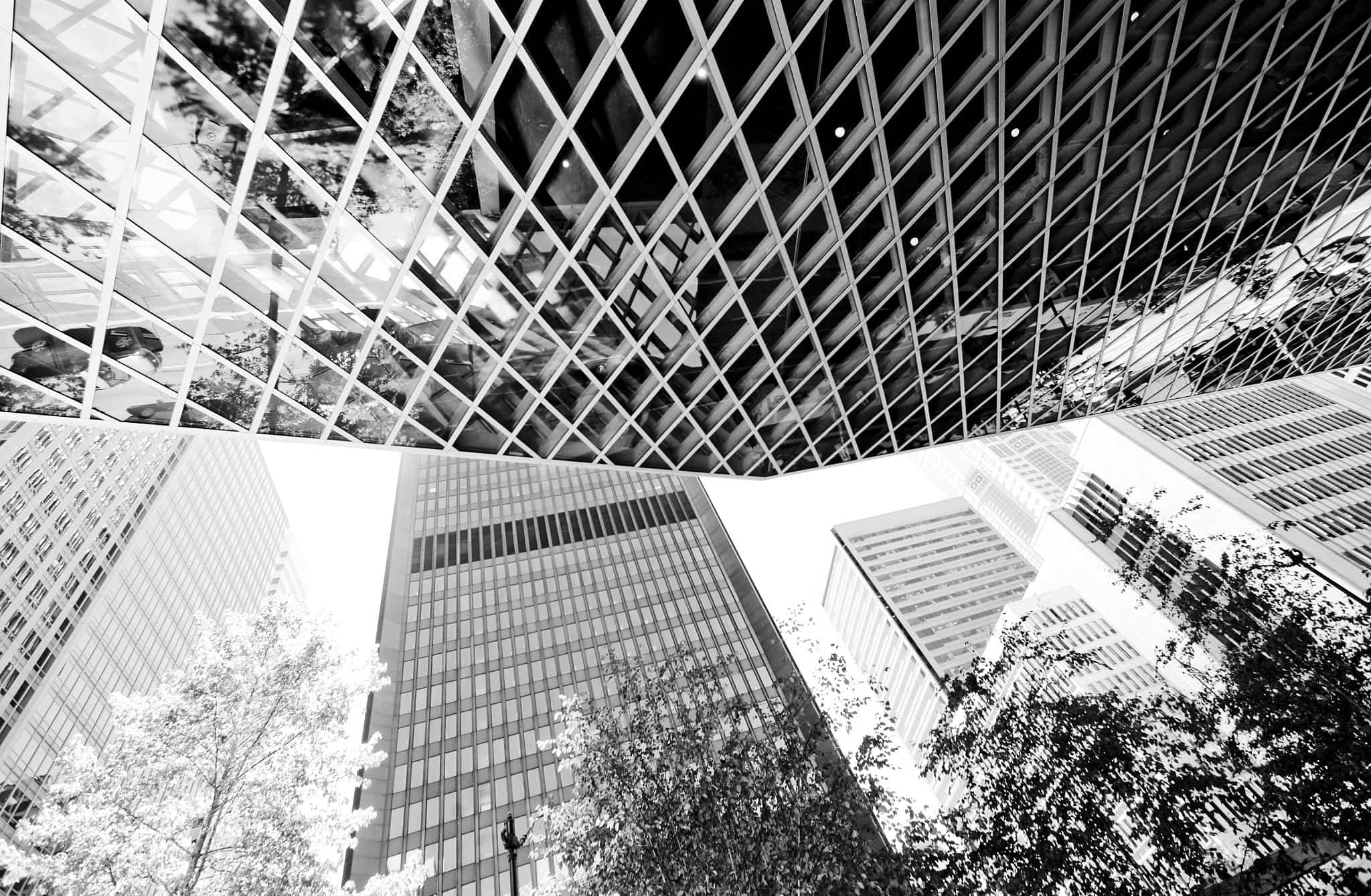Understanding Rulings for Modern Sources of Harm
Hanafi Fiqh
Answered by Shaykh Faraz A. Khan
Question: There are many things in modern society that are harmful, but they are not considered haram because they did not exist during the life of the Prophet (peace and blessings be upon him). One example is driving a car which pollutes God’s creation. How do I go about understanding something like this?
Answer: Assalamu alaikum wa rahmatullah,
I pray this finds you in the best of health states.
The Qur’an and sunna contain many general precepts and universals, which provide guidance for particulars of all times and places.
For example, Allah Most High states:
“And do not be extravagant; verily, the extravagant are the brethren of devils” (17:26–7), as well as
“Eat and drink, but do not be wasteful. Verily, Allah loves not the wasters” (7:31).
And the Prophet (peace and blessings be upon him) said, “There is no harm nor reciprocating harm.” [Ibn Maja, Daraqutni]
Based on such verses and narrations, coupled with the corpus of Islamic legal and spiritual literature that developed over the ages, scholars of a specific time and locality can examine particular issues and arrive at appropriate rulings. The way for us, then, is to consult righteous scholars and ask our questions, as Allah states, “So ask the people of remembrance if you know not” (16:43).
Regarding your specific example, it is true that car pollution is part of a greater problem of pollution to the earth, which is causing much harm. However, most people cannot carry out their basic needs without using a car or vehicle of some sort. Scholars recognize that a car (at least in the United States) is a legitimate personal need. Yet as Muslims, we should seek out lifestyles that minimize harm to the earth, as well as support initiatives that promote the use of alternatives to fossil fuels, so as to reduce the threat of global warming.
And Allah knows best.
wassalam
Faraz
Checked & Approved by Faraz Rabbani
